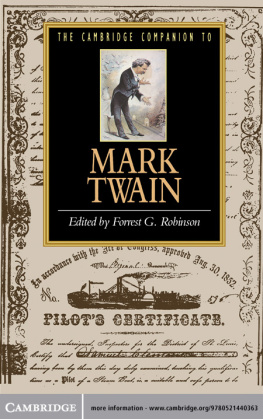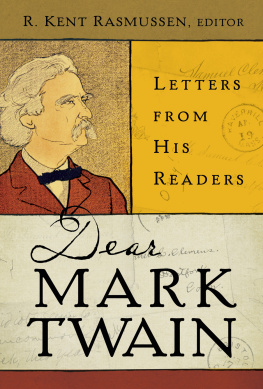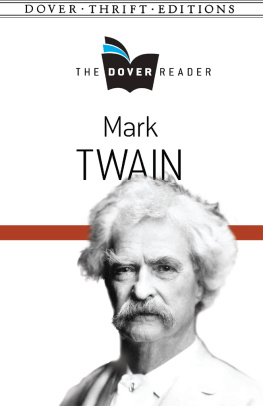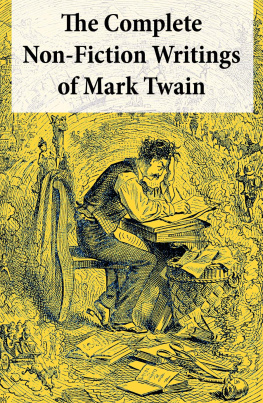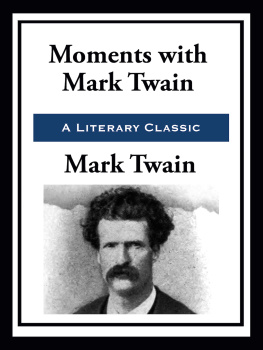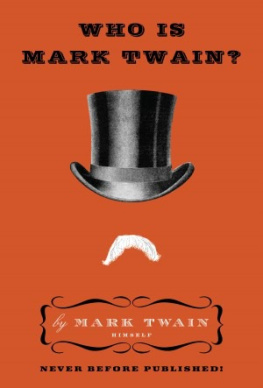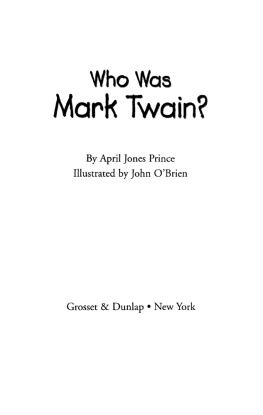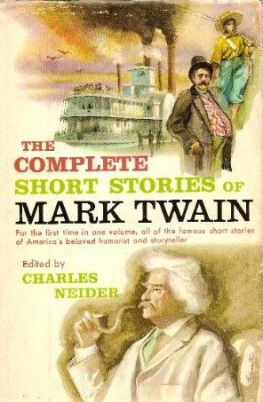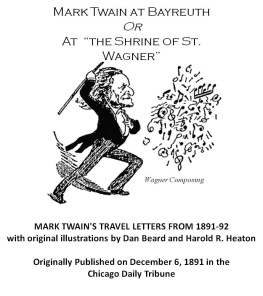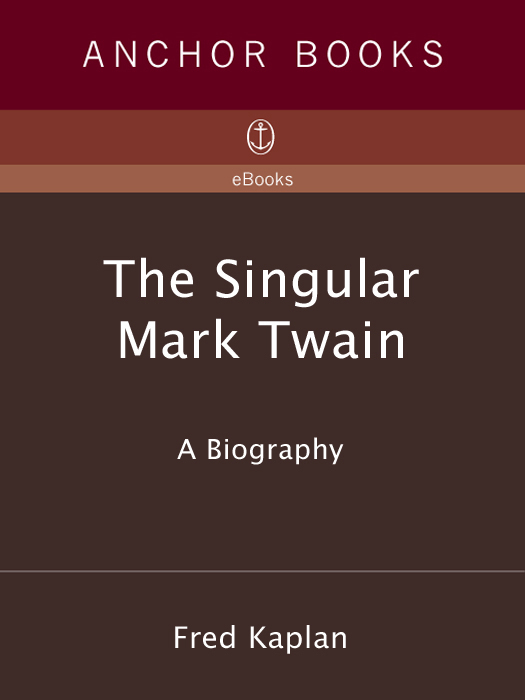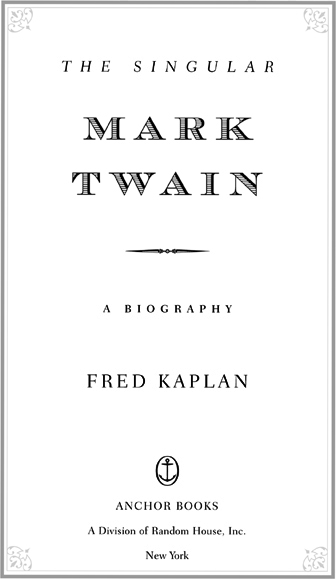ACCLAIM FOR FRED KAPLANS
THE SINGULAR
MARK TWAIN
Refreshing. Full of new material.
St. Louis Post-Dispatch
Lively. Clemens feels whole because Kaplan takes the time to show him in so many different settings and situations.
The Oregonian
Comprehensive. Thoroughly researched. Highly readable.
Fort Worth Star-Telegram
A vividly detailed account. Kaplan clearly shows the connection between Twains writing and the people and events that surrounded his life.
Library Journal
Ultimately, Kaplans major contribution may be in what he has taken out of the Twain mythology. No longer will Twain be referred to as an inspired primitive.
Houston Chronicle
[Kaplan] has researched more fully and completely than any other has been able to do before. Deeply detailed rich with anecdote, facts and the humor that filled the man we have come to know as Mark Twain.
Times Record News (Wichita Falls, TX)

FRED KAPLAN
THE SINGULAR
MARK TWAIN
Fred Kaplan is Distinguished Professor of English Literature at Queens College and the Graduate Center of the City University of New York. He is the author of the critically acclaimed biographies Gore Vidal, Henry James, Dickens, and Thomas Carlyle, which was nominated for a National Book Critics Circle Award and a Pulitzer Prize. He has held Guggenheim and National Endowment for the Arts Fellowships and was a Fellow of the National Humanities Center. He lives in Boothbay, Maine.
ALSO BY FRED KAPLAN
Gore Vidal: A Biography
Henry James, the Imagination of Genius: A Biography
Dickens: A Biography
Thomas Carlyle: A Biography
Sacred Tears: Sentimentality in Nineteenth-Century Literature
Dickens and Mesmerism: The Hidden Springs of Fiction
Miracles of Rare Device: The Poets Sense of Self in Nineteenth-Century Poetry
To Talila and Andrew
May you grow to love Mark Twain
And the world of Books
CONTENTS

ONE
TWO
THREE
FOUR
FIVE
SIX
SEVEN
EIGHT
NINE
TEN
ELEVEN
TWELVE
THIRTEEN
FOURTEEN
FIFTEEN
SIXTEEN
SEVENTEEN
EIGHTEEN
NINETEEN
INTRODUCTION
H e was named Samuel Langhorne Clemens at his birth on November 30, 1835. He became Mark Twain in February 1863, when he chose that odd but now familiar and resonant phrase as his pen name. Literary history has made much of it. Biographers and psychological critics have found significance in a man who, in creating an alternate self, calls himself Twain. To his family he was always Sam or Samuel and occasionally Sammy; his wife had a pet name for him that was hers alone; his children called him Papa. For legal purposes he was Samuel L. Clemens. When he became world-famous toward the end of his first decade under a literary pseudonym, he was known to his readers as Mark Twain.
Gradually he himself began to elide the distinction between, even to merge, the two identities. By his middle age, very few people called him Sam, mostly those with whom he had been intimate before he became famous. Often he signed private letters Mark Twain. Many of his friends called him Mark. The world knew that the man in the white suit with the halo of white hair and the ever-present cigar or pipe was Mark Twain. The man and the pseudonym had grown comfortable with each other. In that sense, Clemens/Twain increasingly became a single figure, even to himself. Though the name suggests division, the reality tended toward unity. Sometimes preoccupied with twins, with doubles, with separationsincreasingly with lossalways concerned about his public image, he never felt inward or outward uncertainty about who he was or what he represented. Twain was both a trope and a joke. When I was born I was a member of a firm of twins, he told his Lotos Club audience in New York in 1901, though he was not. And one of them disappeared. He was Samuel Clemens until 1863, and often Mark Twain thereafter. The writer and the man became inseparable as a shorthand reference. But in his lifetime, they were essentially inseparable anyway.
Mark Twain is singular in three senses: (1) he is a unique figure in American literature who looms above all others as the most widely quoted and recognized, always envisioned as the quintessential American writer; (2) the writer and the man, despite the two names, are a unified personality; and (3) he is like no other nineteenth-century American literary figure in that his name alone brings to mind images and issues that are at the heart of American cultural history, that are central to a definition of America in the nineteenth century as well as today.
A deservedly praised and influential biography of Mark Twains adult years held that Samuel Clemens/Mark Twain was a split personality, Clemens embodying the self-servingly conventional and materialistic Victorian side, and Twain the imaginative, iconoclastic side. It was a useful way to dramatize some of Twains inconsistencies, and it appealed to the psychological models current in mid-twentieth-century America. It was not, though, the whole story of the phenomenon of Clemens/Twain. In historical fact, Samuel L. Clemens and his pseudonym Mark Twain denote a unified Victorian American to the extent that any human being can be unified, no more and no less complicated, let alone divided, than many of his contemporaries. His pseudonym does not embody an attempt to escape from his other self, or a fundamental internal division. Although he was a man of many inconsistencies, they do not add up to a split personality; on the contrary, they are an expression of the usual way in which people in Western culture, particularly in the nineteenth and twentieth centuries, respond to the pressures of daily life and play out their multiple desires and allegiances.
In this biography, until Samuel Clemens reaches the age of twenty-eight in 1863, I refer to him by his name at birth; thereafter as Mark Twain or simply Twain. Some Twain scholars have argued that Mark Twain as a name exists only as a single entity, an artificial construct that should not be divided into a first and a last name. But in the late twentieth century, Twain became a last name. American common sense usage makes anything else seem awkward and pedantic.
And that singular name has come to stand for much more than his individual life. Mark Twain is one of those rare instances in which the uniqueness of an historical figure has become emblematic of wide-ranging, deeply resonating issues. As an American writer, Twain is singular in that throughout his life and almost a hundred years after his death the articulation of only his name evokes unforgettable historical and emotional images, ideas, and actions. He is a cultural signifier. The European and American nineteenth century has a short but impressive list of such figures, among them Napoleon, Lincoln, Dickens, Marx, and Freud. But only one nineteenth-century American writer has that sort of name recognition. Like those of the other historical figures on any such short list, his name instantly evokes and is inseparable from issues so important that they have helped shape our view of ourselves and of our national self-definition. In the phrase of his good friend William Dean Howells, he is the Lincoln of our literature. His name has taken on epic, almost mythic proportions.


![Twain Mark - Autobiography of Mark Twain Vol. 1 / associate eds. Benjamin Griffin ... [et al.]](/uploads/posts/book/210276/thumbs/twain-mark-autobiography-of-mark-twain-vol-1.jpg)
